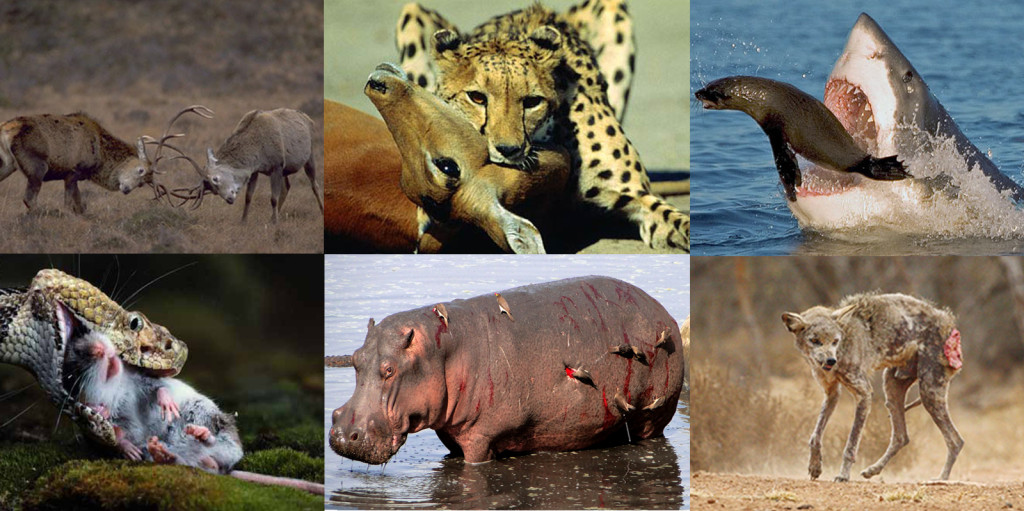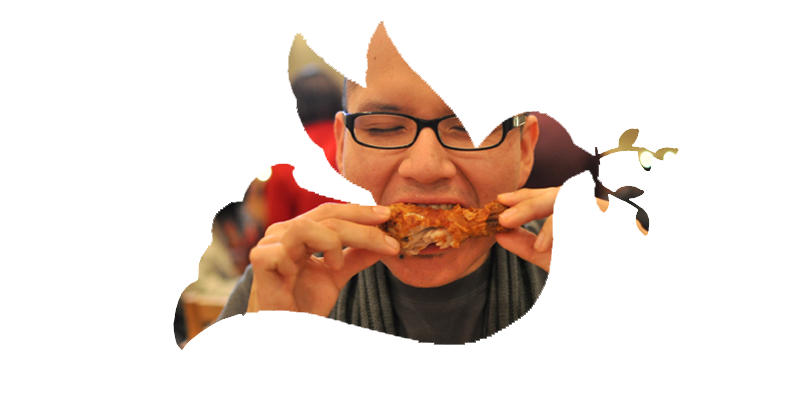
There is an ongoing fuss in the past week over some press coverage of British farmers claiming they were threatened by vegan activists.
Obviously it’s a blown story made up by some farmers and used by some gutter press. There is no evidence of any of these accusations. No screenshots, no recordings, no letters or anything of that sort. If anything, activists were suggesting farmers to try and put themselves in the position of the animals, writing things like “would you want to be treated that way” – hoping to make them feel more related, not frightened. Expectedly, these scumbags have turned what is meant to be some sort of a thought experiment to try and make them empathize with their victims – into made up death threats.
But even if it was true, the problem isn’t that activists sent violent threats to farmers and butchers, the problem is with the method and with the addressees. Farmers and butchers are not the reason why billions of animals are suffering from birth to murder – humanity is. Farmers and butchers are only the operating hands of a huge oppressing machine. The head is humanity. No point in threating the hands. It would be the wrong method aimed at the wrong target. It is the head which should be targeted and the means shouldn’t be death threats.
Many of the activists’ responses are defensive, arguing that they can’t be violent since they are advocators of non-violent approach. Activists should be defensive but not because of manipulative farmers and sensationalist media, but since the non-violent approach is actually violent. Continue reading














 The following post is the second one in a series regarding the non-violent approach in the animal rights movement. The
The following post is the second one in a series regarding the non-violent approach in the animal rights movement. The 